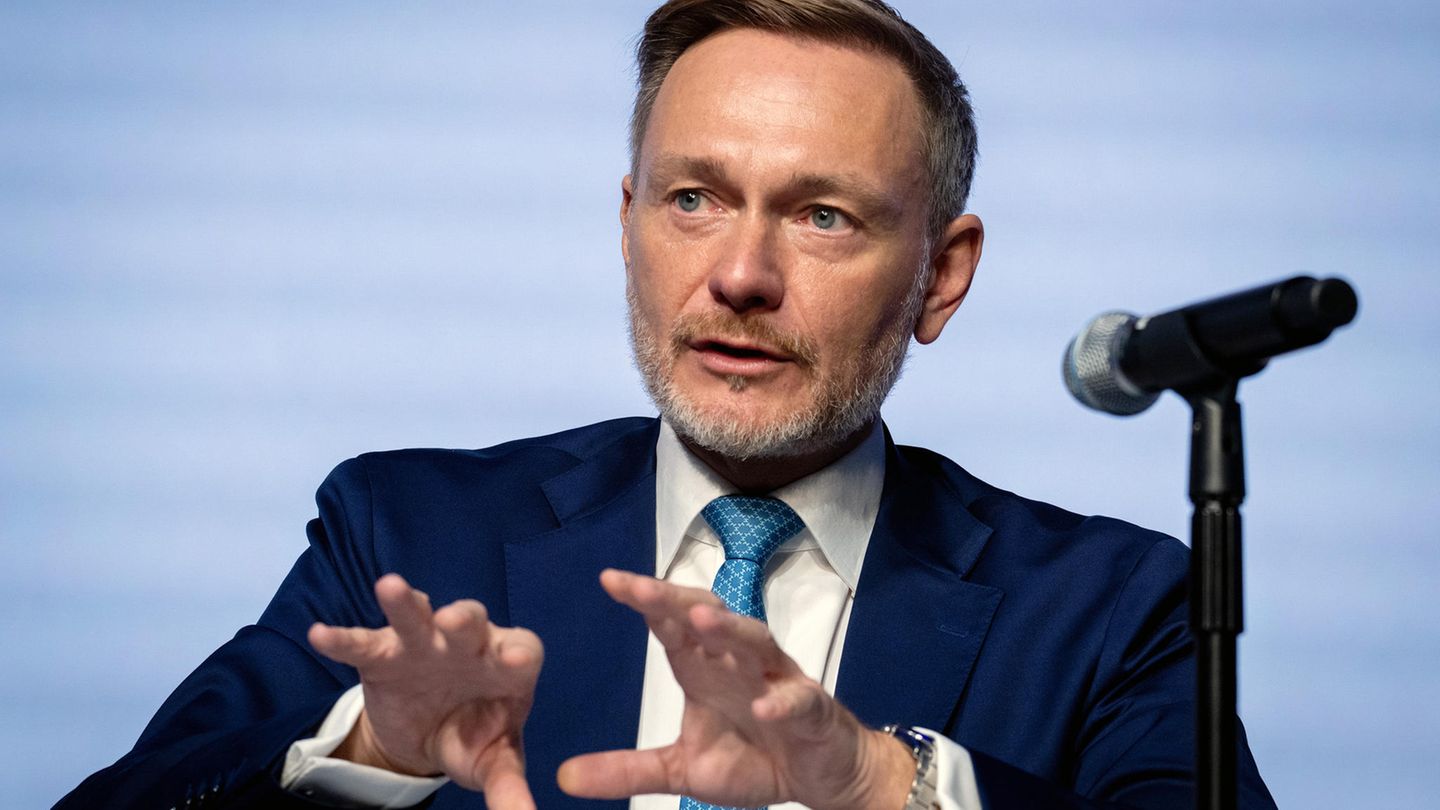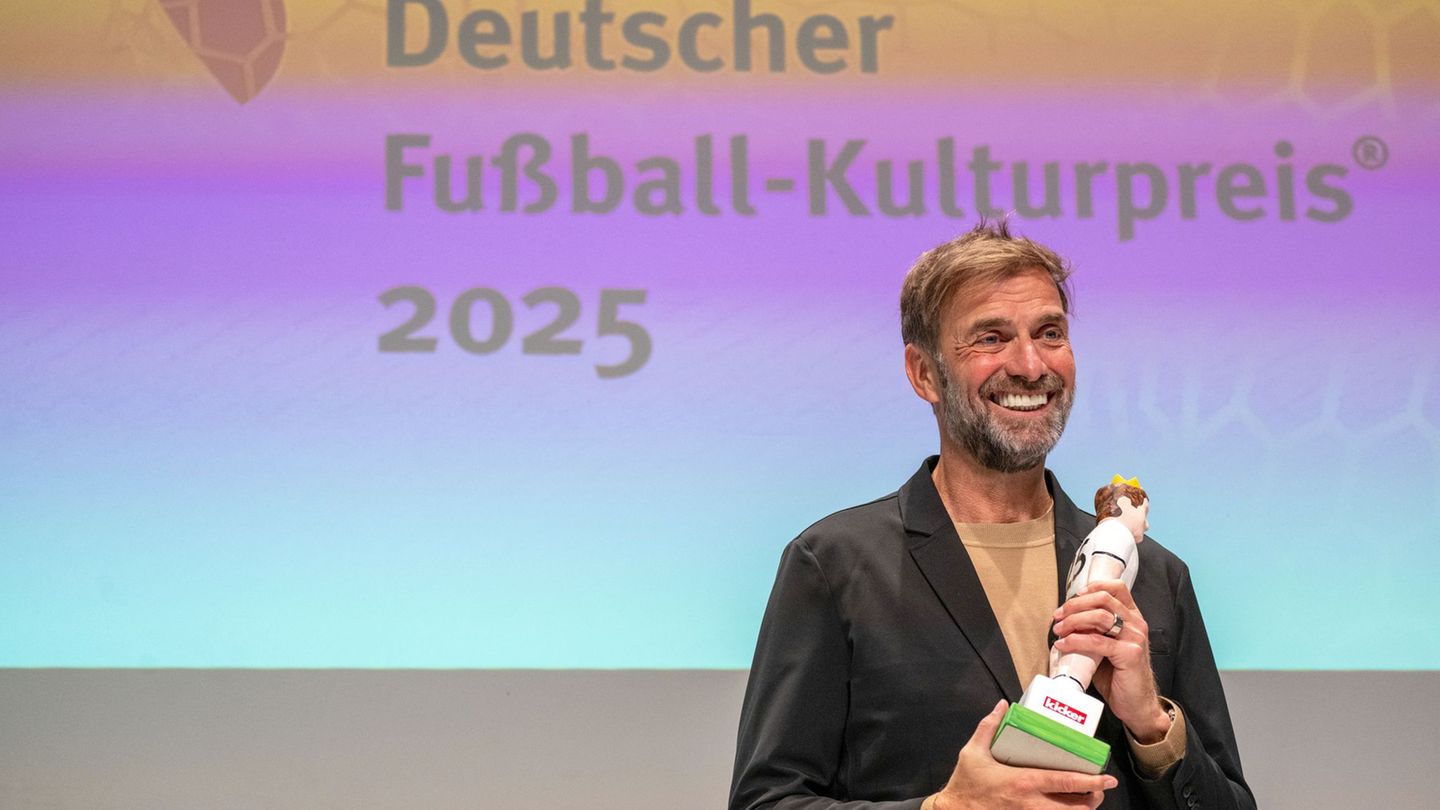Lindner paper
Eight coffin nails for the traffic light
Copy the current link
Christian Lindner shocks the traffic light partners with his business paper. Here are the eight toughest demands that could break the alliance.
Make retirement more flexible
Because the pay-as-you-go system in pension provision is coming under pressure, the finance minister is pushing for changes. He wants to reach retirement age; in his opinion, a flexible entry is needed, not a fixed one. For the SPD, that’s a bit like Lindner saying they want to sell off the Willy Brandt statue in the Social Democrats’ party headquarters: It’s not possible. The Chancellor doesn’t show an inch of leeway when it comes to pensions. He would probably break up the alliance on his own.
Stop the Collective Bargaining Act
Lindner wants to stop or change all laws that, in his eyes, would cause additional bureaucracy. Above all, he has his eye on the Collective Bargaining Act, which is intended to ensure that public contracts can only be awarded to companies that pay their employees wages that are similar to collective bargaining agreements. The finance minister explains that this is not feasible in its current form – an attack on Hubertus Heil, the labor minister, whose house drafted the law. The problem: The Collective Bargaining Act is – like pensions – an absolute core concern of the Social Democrats.
Move heating law
It was the biggest bone of contention in the coalition so far: the reform of the Building Energy Act, commonly known as Habeck’s Heating Act. New heating systems should therefore be operated in a 65 percent climate-neutral manner – and then soon 100 percent. If Lindner has his way, this point in time could be “postponed by five years”. And it doesn’t have to be 65 percent. And this proportion is likely to increase more slowly. Habeck can hardly support that.
Reduce citizen’s allowance
Lindner wants to increase the incentive to go to work. He is therefore aiming for citizens’ money. The standard rates have increased disproportionately, he writes, and other government payments such as housing benefit or child allowance ensure that taking up work is not worth it. The system needs to be reformed. “Individual disadvantages compared to the status quo are inevitable, but they are also to be welcomed in the sense of activation and incentive orientation,” says Lindner. The SPD also wants slight changes to citizens’ money. But they are likely to see Lindner’s plans as a clear-cut.
Watering down national climate goals
The FDP leader wants to replace the national climate goals with the European ones. Germany would not have to become completely climate neutral in 2045, but only in 2050. The German share of global CO2 emissions is only 1.3 percent, he writes. “Effective climate protection cannot therefore concentrate on national measures.” And by the way: All sector-related climate targets, which have regularly caused a lot of traffic light noise, should, according to Lindner’s wishes, be “abolished” completely. The building and transport sectors should therefore continue to emit greenhouse gases at will, as long as everyone else saves more. Prediction: The Greens are more likely to turn yellow.
Abolition of solos
It has long been a concern of the FDP: the abolition of solos. Now the finance minister is getting serious and wants to gradually reduce the tax surcharge by 2027. A no-go for the Social Democrats and the Greens. The end of the solidarity would create a double-digit billion dollar hole in the budget. And it is not feasible for the Chancellor’s party simply because top earners in particular would benefit.
End support for renewable energy
Lindner notes that the support for renewable energies has “now reached unsustainable financial dimensions”. His conclusion: “Therefore, the state-guaranteed expansion paths and remuneration should be reduced to zero in the next few years.” The end of EEG funding. And what the SPD and the Greens think of a “technology-open energy supply,” which the FDP leader writes about in his paper, is also easy to imagine.
Save on Intel subsidies
The government wanted to support the Intel factory in Magdeburg with 10 billion – but the US chip company said goodbye to the project. The finance minister wants to use the billions in full for budget consolidation and is thus entering into confrontation with the SPD. The Chancellor and his party want to use the money to relieve companies and consumers of network charges. However, the FDP leader rejects such a subsidy.
Source: Stern
I have been working in the news industry for over 6 years, first as a reporter and now as an editor. I have covered politics extensively, and my work has appeared in major newspapers and online news outlets around the world. In addition to my writing, I also contribute regularly to 24 Hours World.





